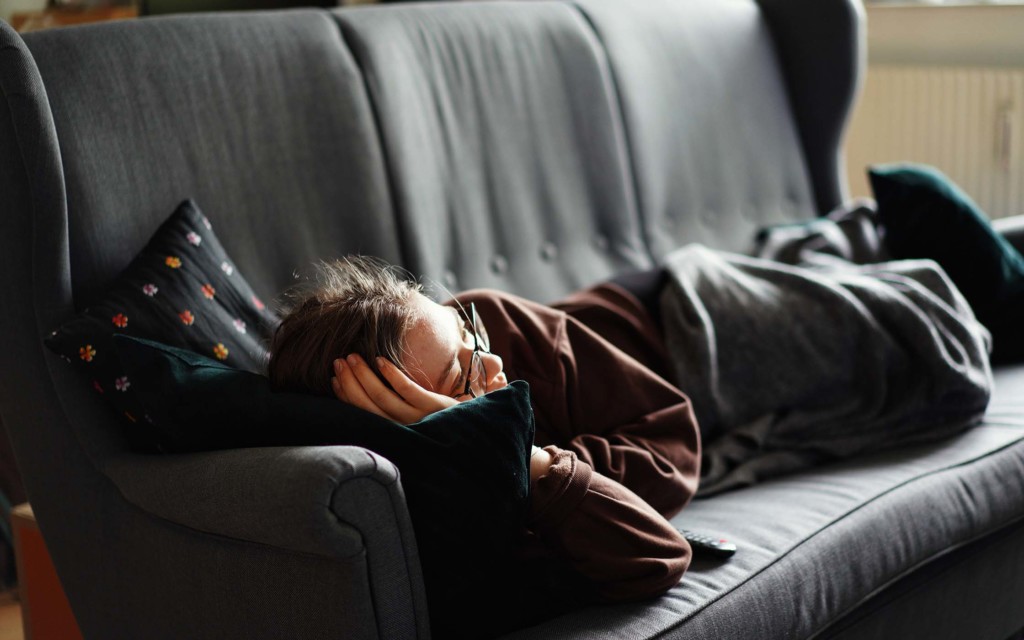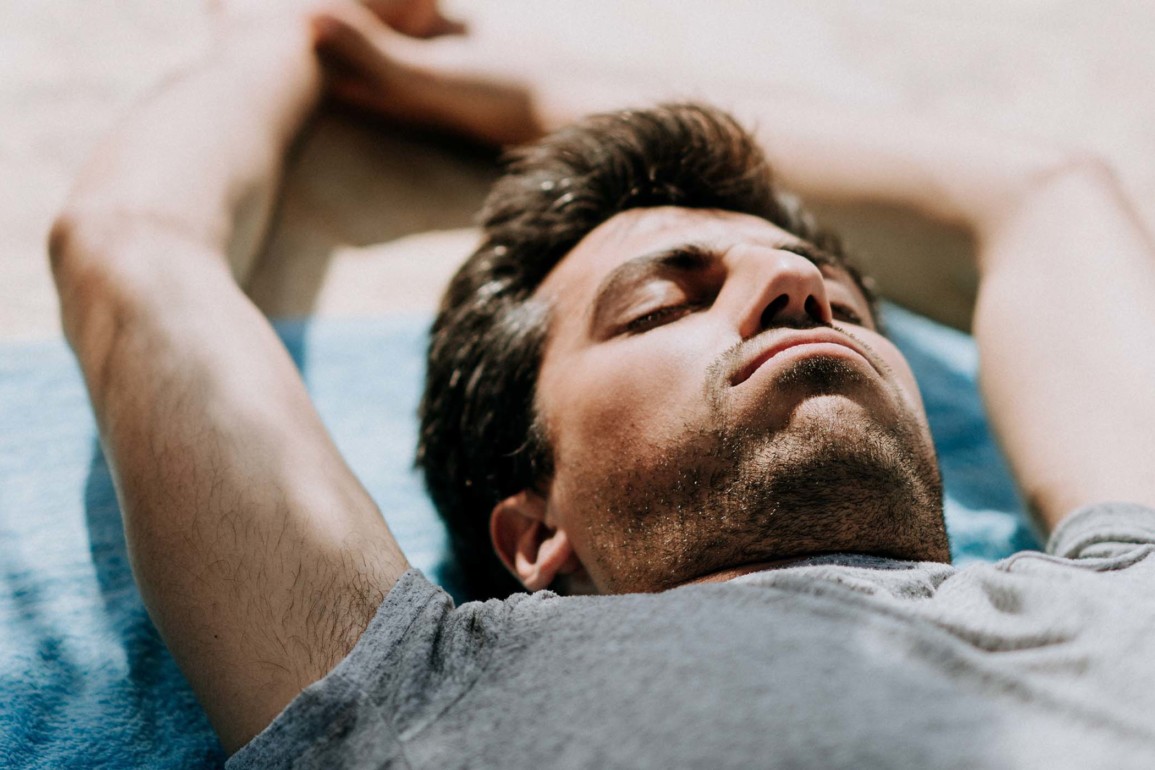There’s a growing demand for productivity in the modern world.
You could be a budding entrepreneur, a dedicated employee, or just a committed mother or father. We all believe time is money.
Unfortunately, that also means that we’ve begun to build an unhealthy relationship with sleep. It’s not uncommon to hear people bragging about how they got by on less than 5 hours sleep one evening.
Some people think they can cope with barely any shut-eye at all.
For the most part, anything less than your recommended 7-to-8 hours of sleep a night is bad for your health and your future. Sleep deprivation is no walk in the park.
However, researchers have explored alternative options to the typical strategy of sleeping in a chunk of 7-9 hours each night.
These scientists are interested in discovering whether polyphasic sleep cycles could make us more productive and efficient than ever before.
The ongoing study into polyphasic sleep has given birth to a range of strategies for people who want to change their sleeping cycle.
These schedules range all the way from more reasonable options like the everyman sleep strategy to extreme alternatives, like Dymaxion sleep.
Today, we’re going to be looking at Dymaxion sleep cycles. Can anyone can reasonably survive with only 2 hours a day of sleep?

What is the Dymaxion sleep schedule?
You may be surprised to learn it’s not just eccentric entrepreneurs that are experimenting with sleep deprivation in an attempt to be more productive.
Countless people have explored the benefits of polyphasic sleep in the past. This often after discovering they struggle to sleep properly each night.
According to studies, around 33% of Americans wake up in the middle of the night on a regular basis.
This shows us there are a substantial amount of people out there who simply can’t enjoy a full night’s rest lasting 7-9 hours.
Some of these individuals will choose a biphasic sleep schedule permanently. They will change their routine to sleeping in two chunks for each 24 hour period.
Others go for a more significant change.
The Dymaxion sleep schedule is one of the most well-known polyphasic sleep strategies. It’s also the most drastic by far, requiring only 4 30-minute naps in a 24-hour period.
A quick calculation and you only get a total of two hours of sleep each day.
The concept of Dymaxion sleep was developed by a man named Buckminster Fuller, who was actually thrown out of Harvard twice. Fuller apparently slept using this bizarre schedule for two years, allowing him to maintain a 22-hour a day waking life.
Here’s where things get complicated.
Some people believe Buckminster was only able to survive on the Dymaxion sleep schedule because he had a rare genetic mutation. There was something different about his DEC2 gene, which is also known as the short sleep gene.
Because of this, most experts agree that the only people who can live with a Dymaxion sleep strategy are those with the same mutation.
The DEC2 mutation occurs in as little as 5% of the population.
Unless you naturally only need a very small amount of sleep, then the only thing you’ll get out of Dymaxion sleep, is some very severe sleep deprivation.

Is Dymaxion sleep a good idea?
If the idea of sleeping only two hours a day is enough to make you feel instantly exhausted — you’re not alone. This kind of polyphasic sleep strategy is a very extreme one — and not something we recommend trying.
Unless your doctor expressly tells you that it’s safe to change your sleep routine, it’s usually best to stick to monophasic sleeping.
However, if you do get the go-ahead from your doctor, then the Dymaxion sleep schedule does have some benefits.
The main advantage of this kind of sleeping is the same as the main benefit for any polyphasic sleep routine — you get more hours awake.
Provided you don’t need much sleep anyway, you could potentially use this routine to make sure that instead of spending hours tossing and turning, you’re actually getting stuff done.
The disadvantage of the Dymaxion sleep cycle is that only a very small percentage of people will be able to use it.
Additionally, even if you fall into that category, it’s unlikely you’ll be able to maintain this kind of sleep routine for long.
The severity of the Dymaxion sleep cycle is why experts like Marie Stayer (AKA Puredoxyk) ended up creating alternative options for polyphasic sleep — like the Uberman.
The Uberman schedule allows you to have up to 3 hours of sleep per day — instead of just two.
Of course — even that’s going to be way too difficult for must of us average humans to adapt to.
Usually, even the customized versions of Dymaxion sleep cycles are only intended for short-term use, and in very specific circumstances.
No human being can survive forever with only a few hours of sleep to help them recuperate and rejuvenate.
Although scientists haven’t been able to study the long-term effects of sleeping schedules like this one, most people simply can’t stick with it.

Is the Dymaxion sleep cycle safe?
Once again, this is a question for your doctor.
Ultimately, we think that no human being should attempt to go without sleep for any extended period of time.
Although the Dymaxion sleep cycle does give you some sleep, it’s nowhere near enough to ensure that you go through all of the stages of truly restful slumber.
As we know, a standard sleep cycle usually takes 90 minutes in total, and Dymaxion only allows you 30 minutes of sleep at a time.
The idea is that these restricted periods of sleep will force you into REM and slow-wave sleep immediately, making your sleeping patterns more efficient.
However, all aspects of the sleep cycle are important in their own way. Trying to chop parts out of your routine just isn’t a good idea.
Interestingly around 85% of all mammalian species are polyphasic sleepers. According to the Sleep Foundation, that doesn’t mean human beings are best-suited to this style of sleep.
It consistently seems to show unintended consequences of sleep loss and exhaustion when people attempt things like the Dymaxion sleep cycle. Albeit the research into these routines is still limited.
Saying that, it is important to note that everyone is different. We all have our own requirements when it comes to sleep.
Some people even believe that sleep restriction can help to cure insomnia, by forcing your body to reset.
Because of this, your doctor or sleep therapist may eventually recommend some form of polyphasic sleep schedule. It might help you get your sleep back on track, if you suffer from a regular sleep disorder.
However, even if you are offered sleep restriction therapy as a way to reset your biological clock, it’s unlikely that a doctor would recommend a Dymaxion sleep schedule.
The cycle is much too extreme for most people, unless you have the very rare genetic mutation.

Are naps better than sleep?
While the Dymaxion sleep cycle might not be suitable for most people it does raise an interesting question.
The people who get by on this kind of sleeping have said they’ve been more creative and productive during their waking hours.
Because of this, you might wonder whether napping is more effective than getting your recommended 7-to-9 hours of sleep each day.
For the most part, experts agree that napping just isn’t enough to give you the memory consolidation, rejuvenation and basic rest that you need to thrive.
A nap might revive you when you’re feeling exhausted in the middle of the day, but it’s not going to give you the crucial development stages that you get with a full night’s sleep.
However, research does indicate that polyphasic sleeping might be useful in very specific situations.
For instance, in a study examining the sleep patterns of 99 rowers in a race, the researchers discovered that sailors would naturally adopt polyphasic sleeping patterns.
The best performers often enjoyed shorter naps and achieved the lowest overall sleep durations.
Other studies have showed that naps don’t just impact physical performance, they’re beneficial for our cognitive abilities too.
In memory tests, participants have shown that they can achieve better cognition after a nap than if they have no nap at all.
The evidence may indicate that naps could be useful — when used correctly. They shouldn’t replace your entire sleep strategy, however.
If you think you want to combine napping and sleeping to achieve a better rest routine, it would be best to start with a biphasic sleep schedule.
This allows you to sleep in a long period on an evening and get a nap in the middle of the day.

Is polyphasic sleep really worth it?
Sleep is a very subjective thing.
Some of us need at least nine hours a night before we feel like we’re ready to tackle the world. While there are other people out there who can handle only four hours of sleep and wake up feeling great.
Only you can decide how much rest you really need.
However, it’s probably not a good idea to try something as extreme as the dymaxion sleep schedule straight away.
Before you switch to any polyphasic sleep strategy, you’ll need to speak to your doctor to find out whether it’s safe for you.
Additionally, when you do decide to experiment with polyphasic sleep, there are a lot of more accessible schedules out there that are easier to adapt to.
Want to learn more about alternative sleep schedules? Check out some of the other articles here at Siestio or subscribe for the latest sleep tips sent straight to your inbox.
Siestio. Sleep Matters.
Medical disclaimer
You must not rely on the information provided on our website as an alternative to medical advice from your doctor or other healthcare professionals. For more information read our full disclaimer here.







